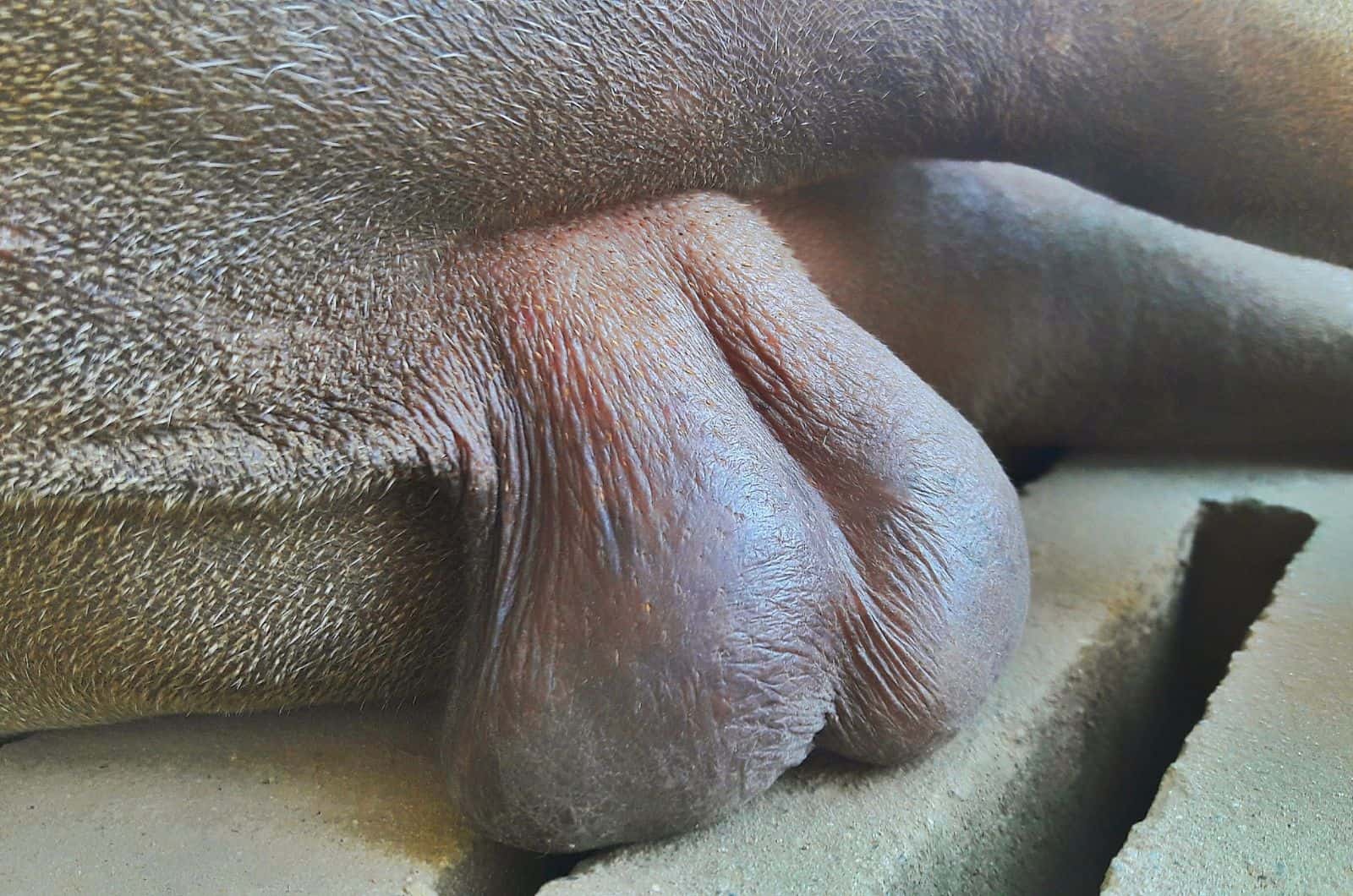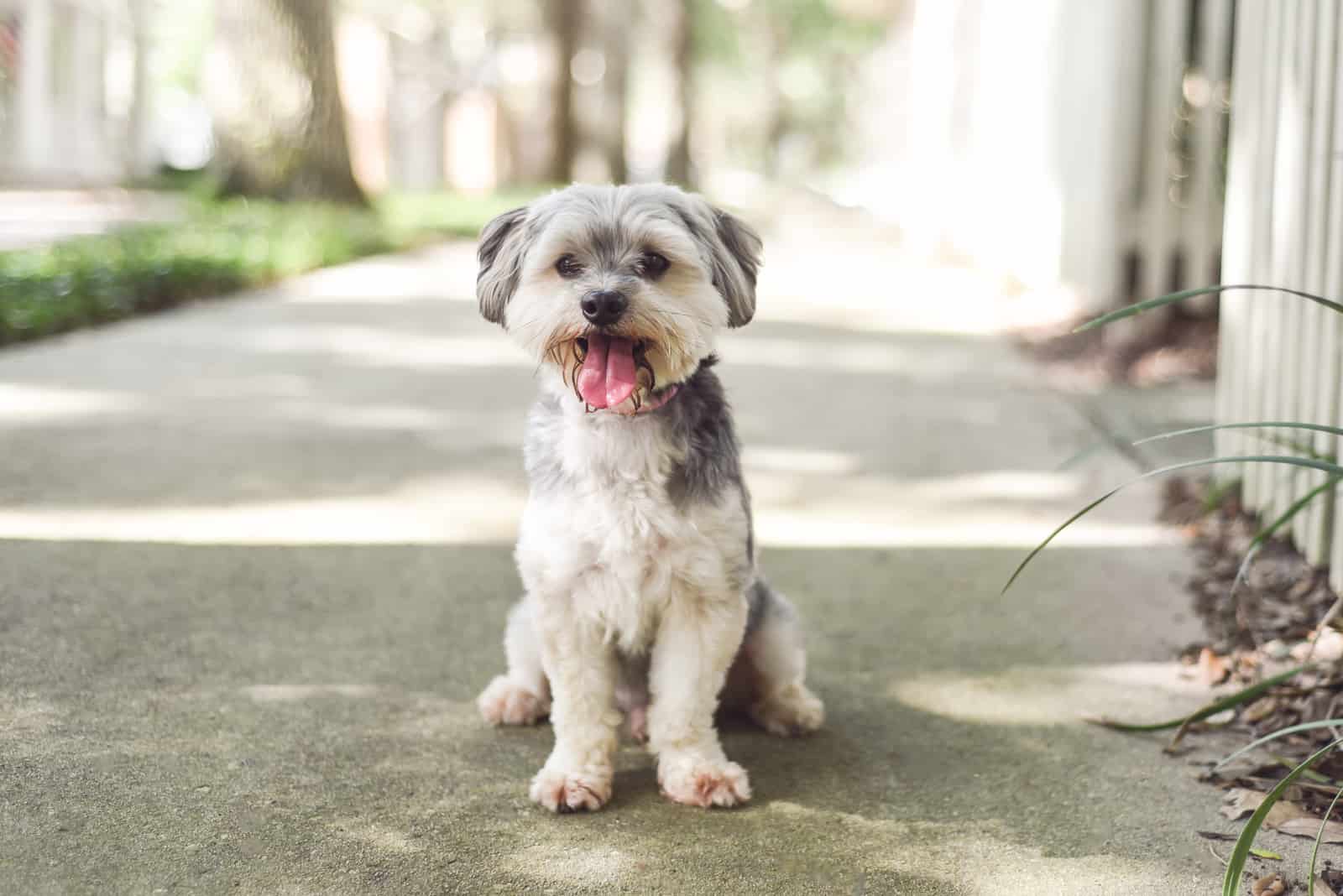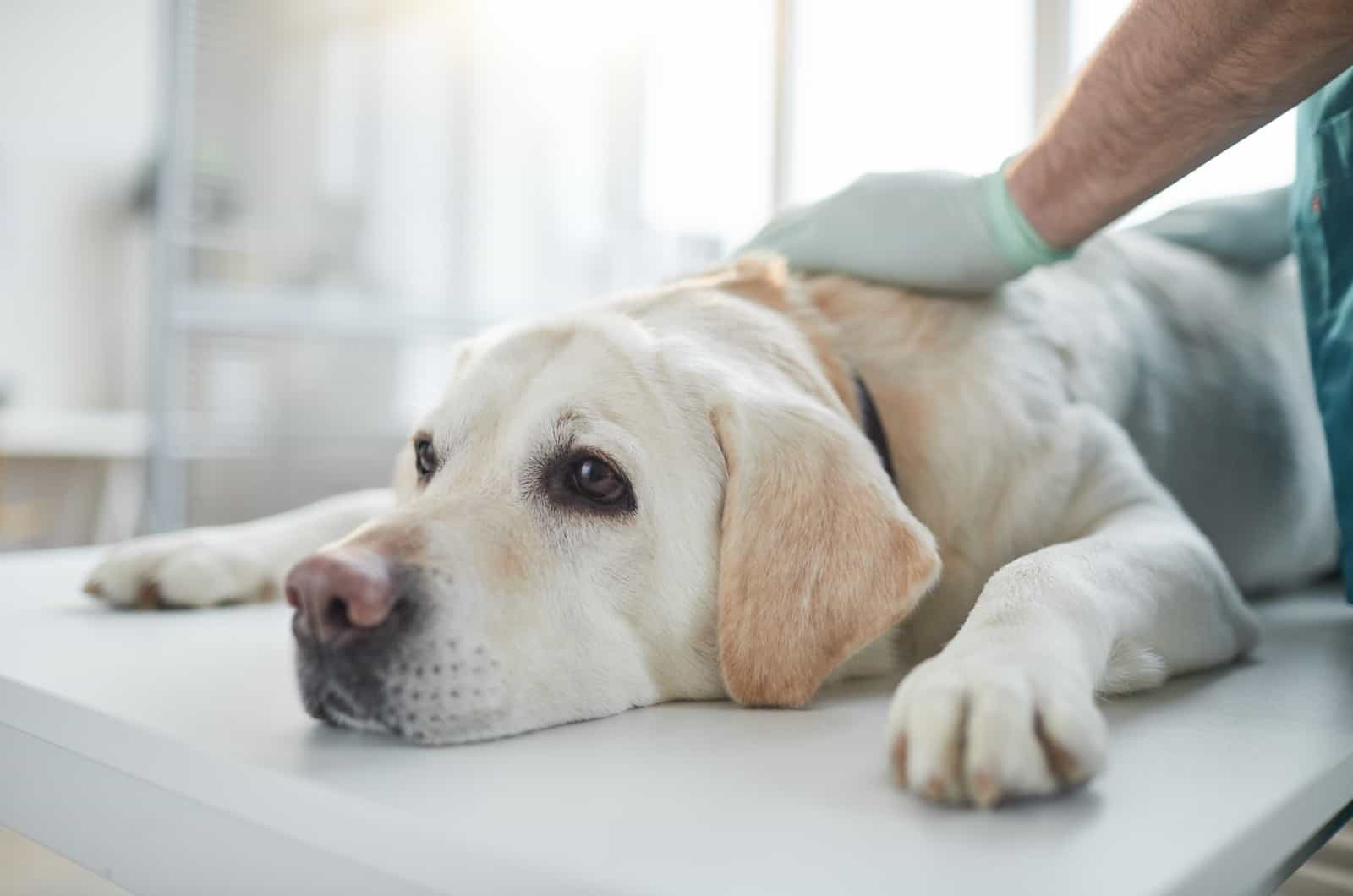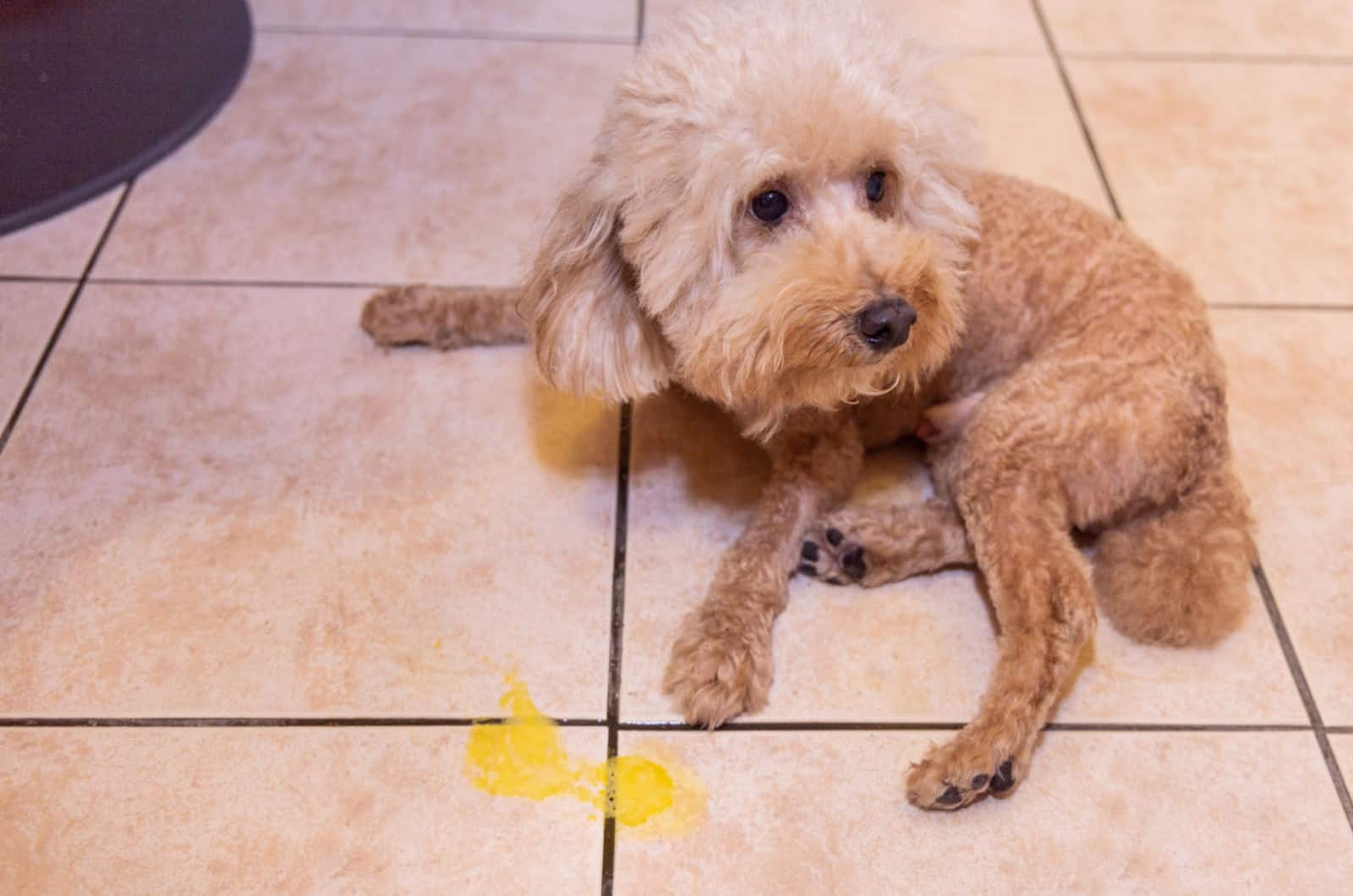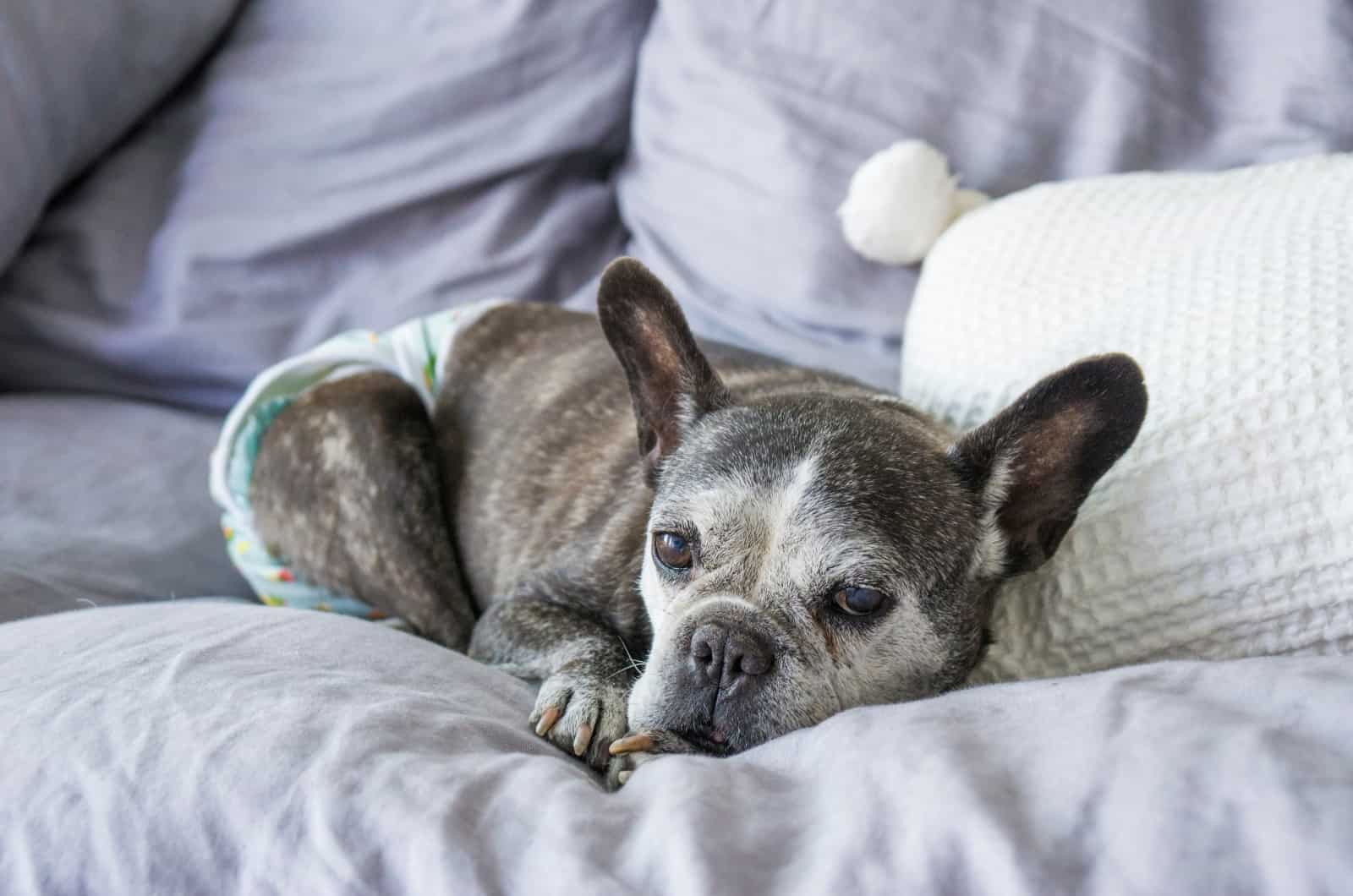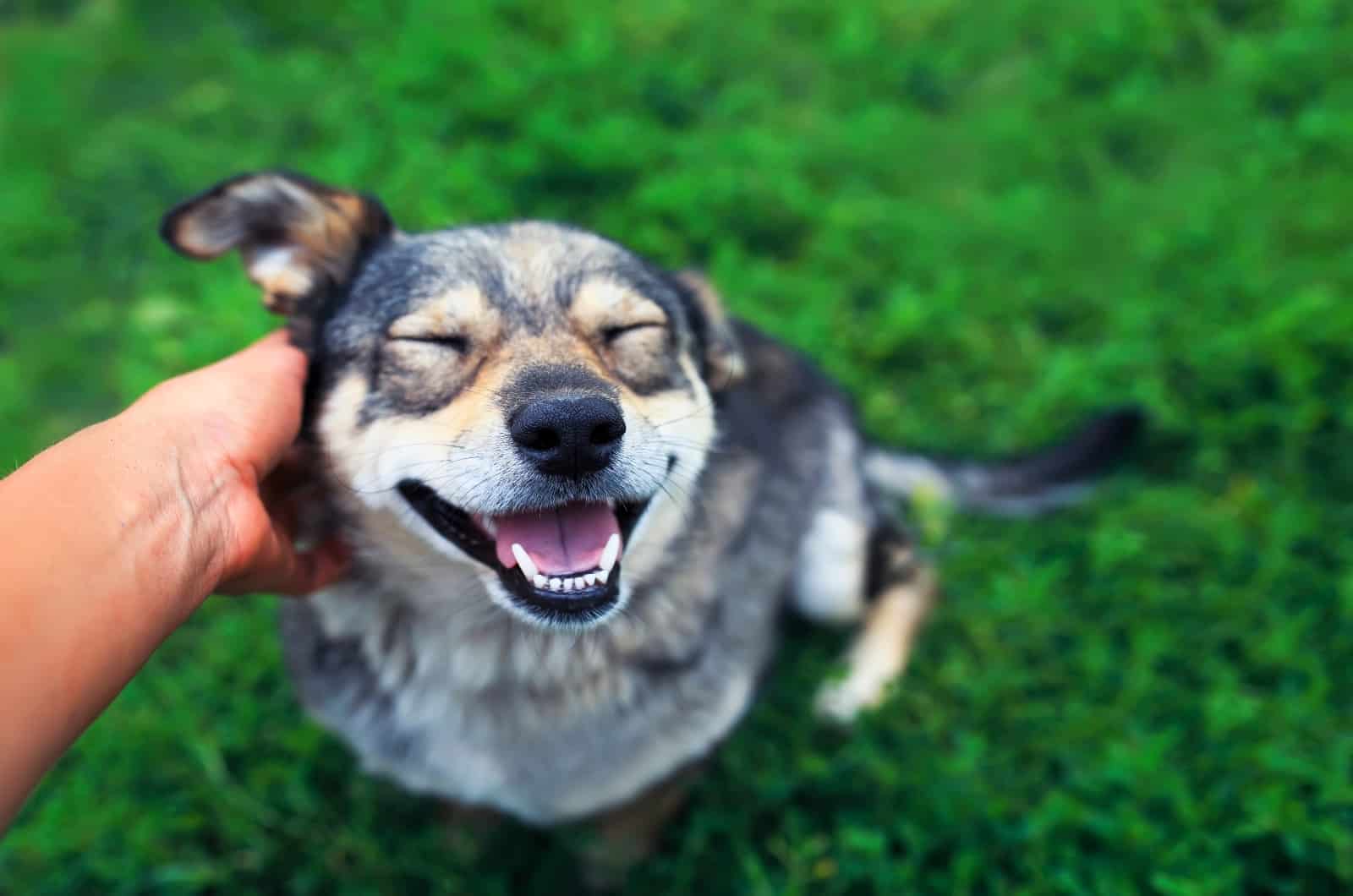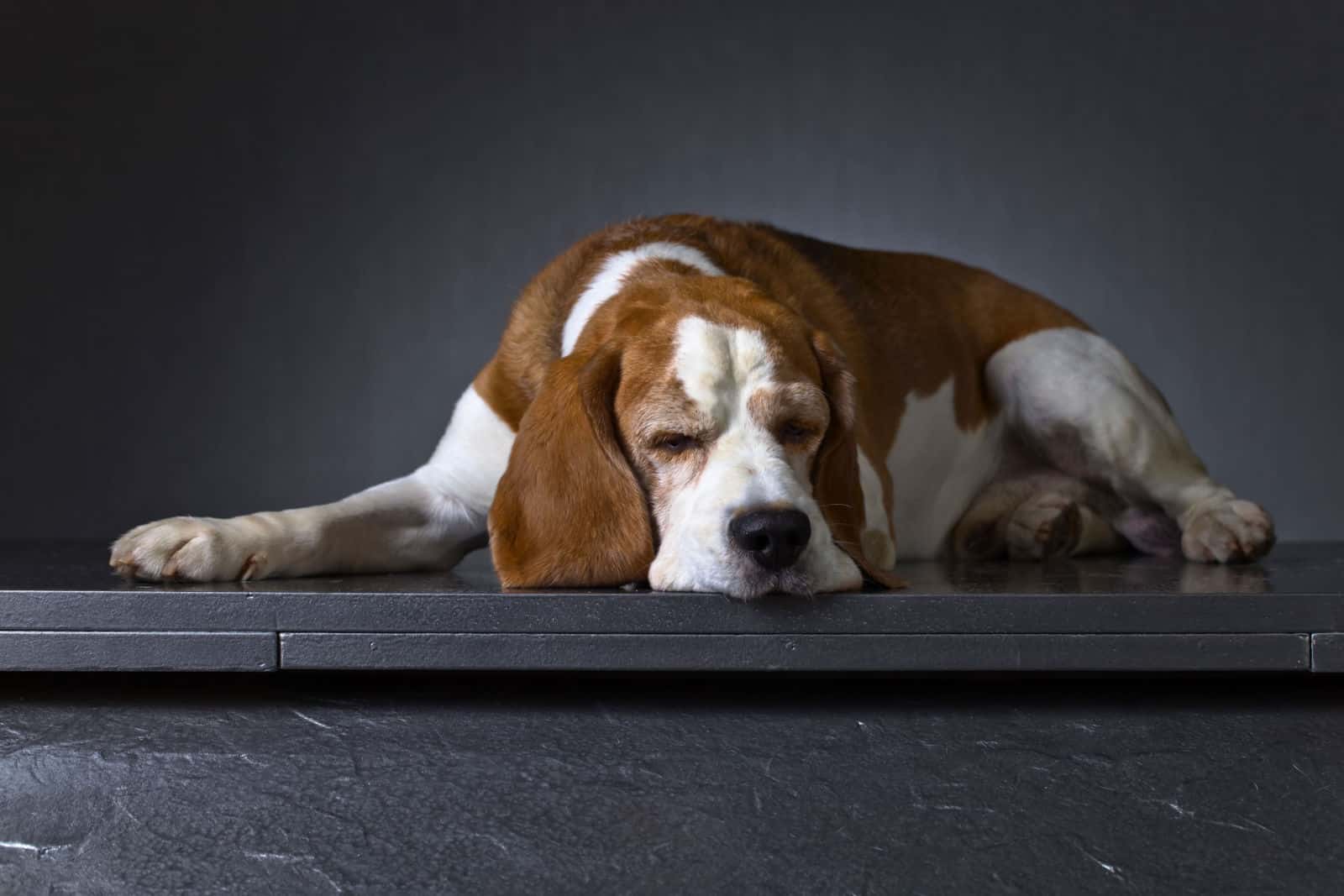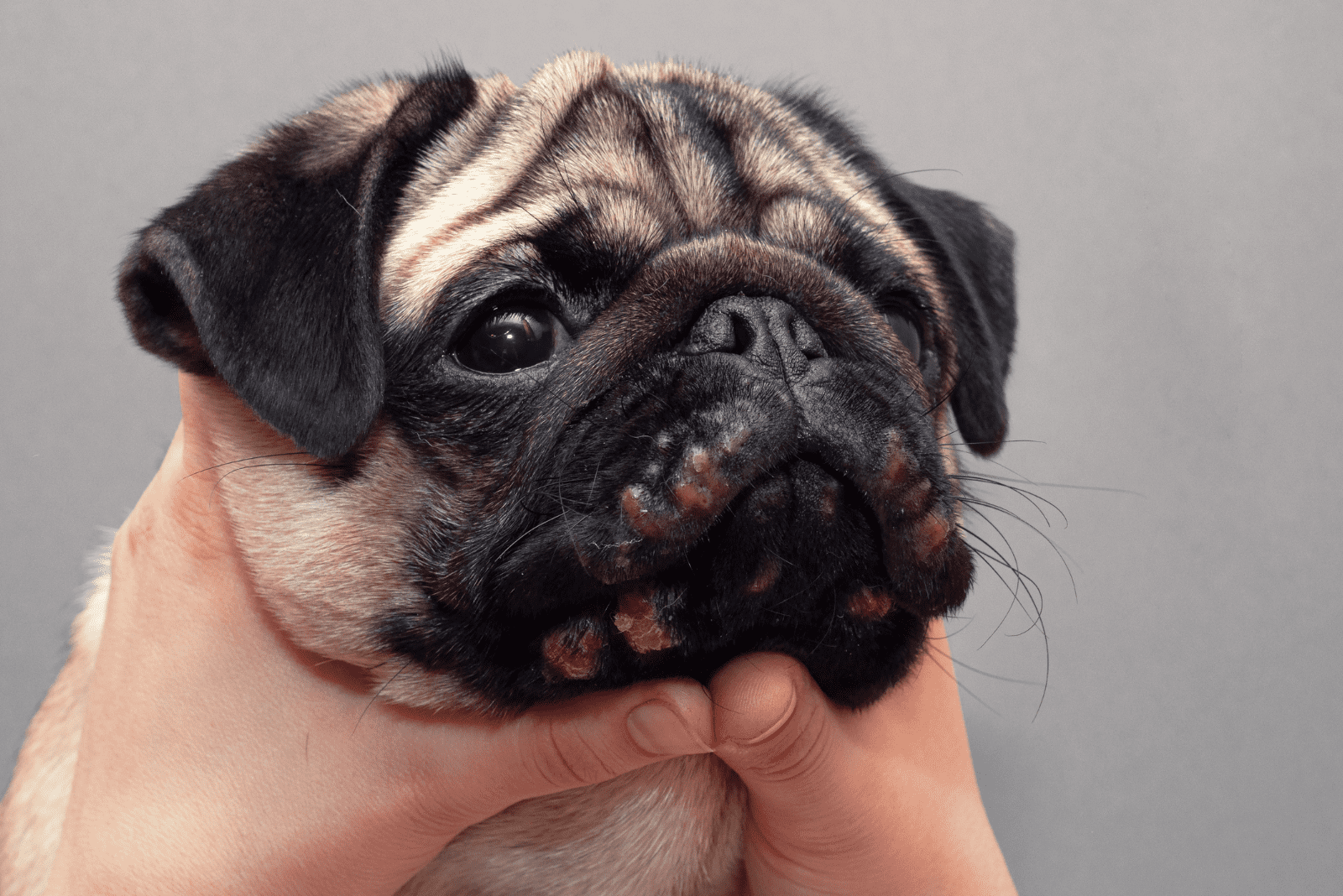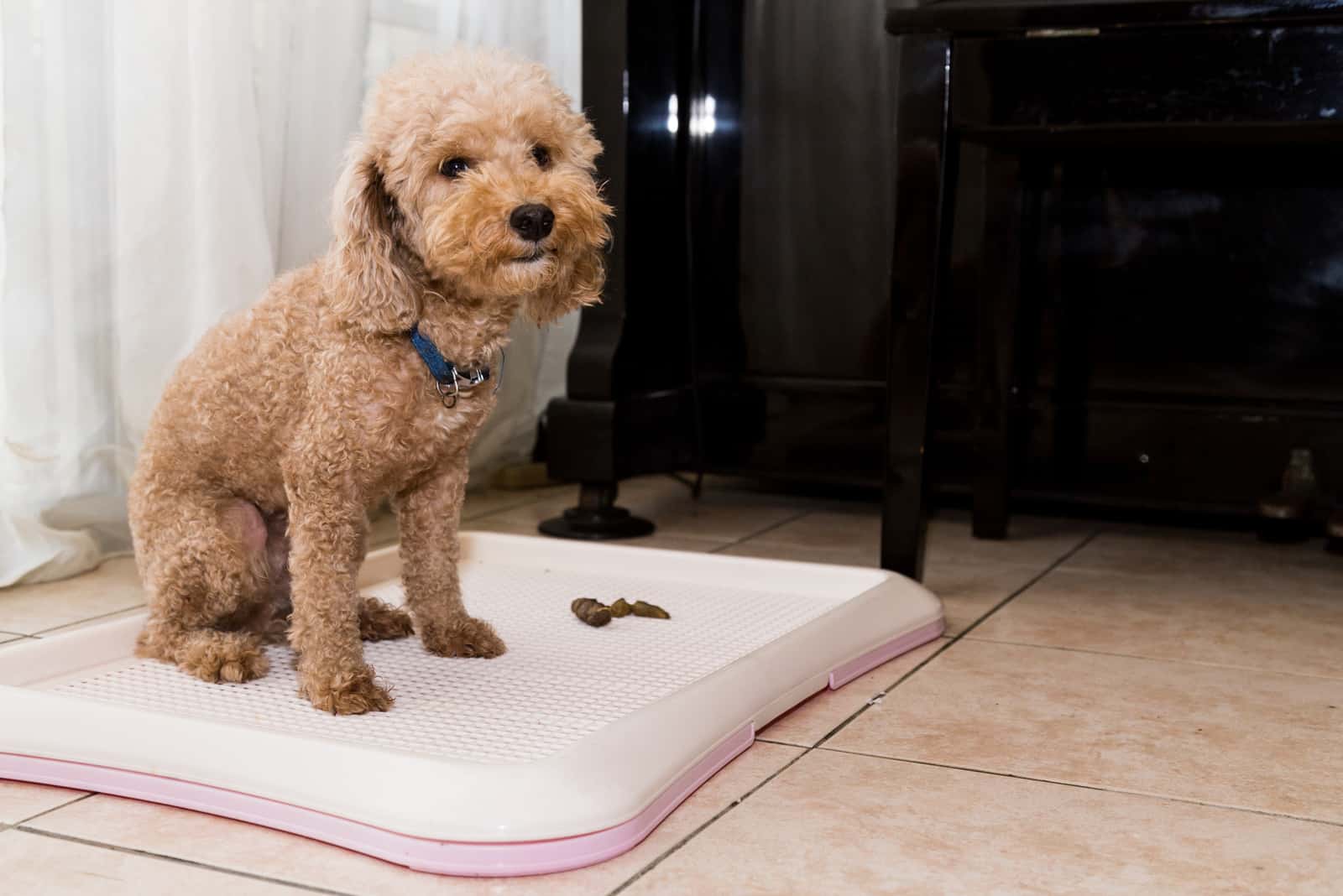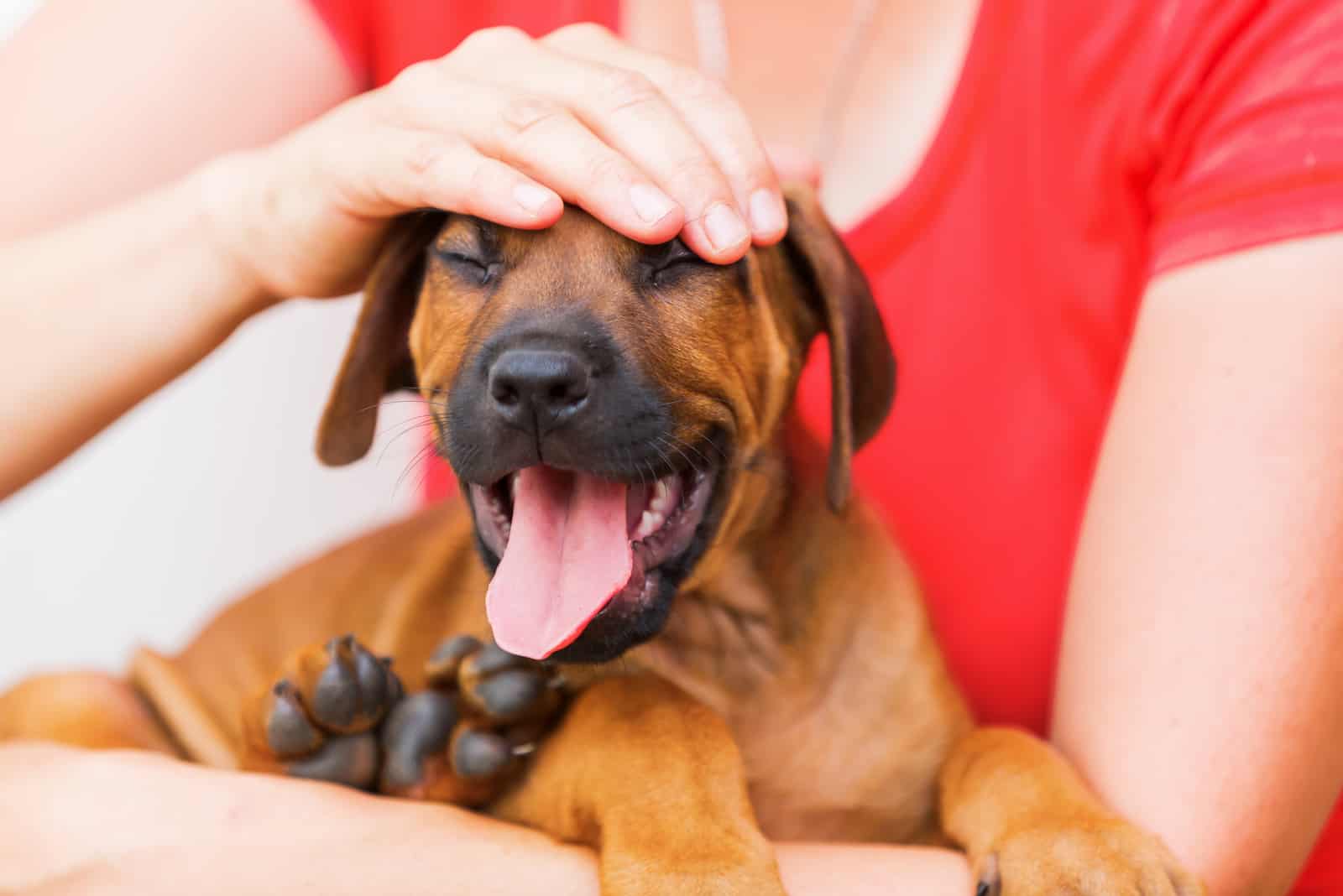You lay in your bed, exhausted from work, kids, household chores, and other things you had to take care of during the day. But then, instead of falling asleep, you end up with a German Sheppie snoring in your face. Naturally, one of the first questions that comes to your mind is: “Why does my German Shepherd snore?”
German Shepherds are quite vocal when it comes to barking, so it doesn’t surprise us that they’re loud while snoring as well.
Although snoring is common in GSDs, and other dog breeds for that matter, it’s not considered a natural part of their behavior because it’s caused by other factors, in most cases.
If you’re ready to finally get some sleep in peace and find out why your pup snores so much, keep reading this article. I hope you won’t fall asleep now, but even if you do, I got you, my fellow pet owner.
Why Does My German Shepherd Snore?
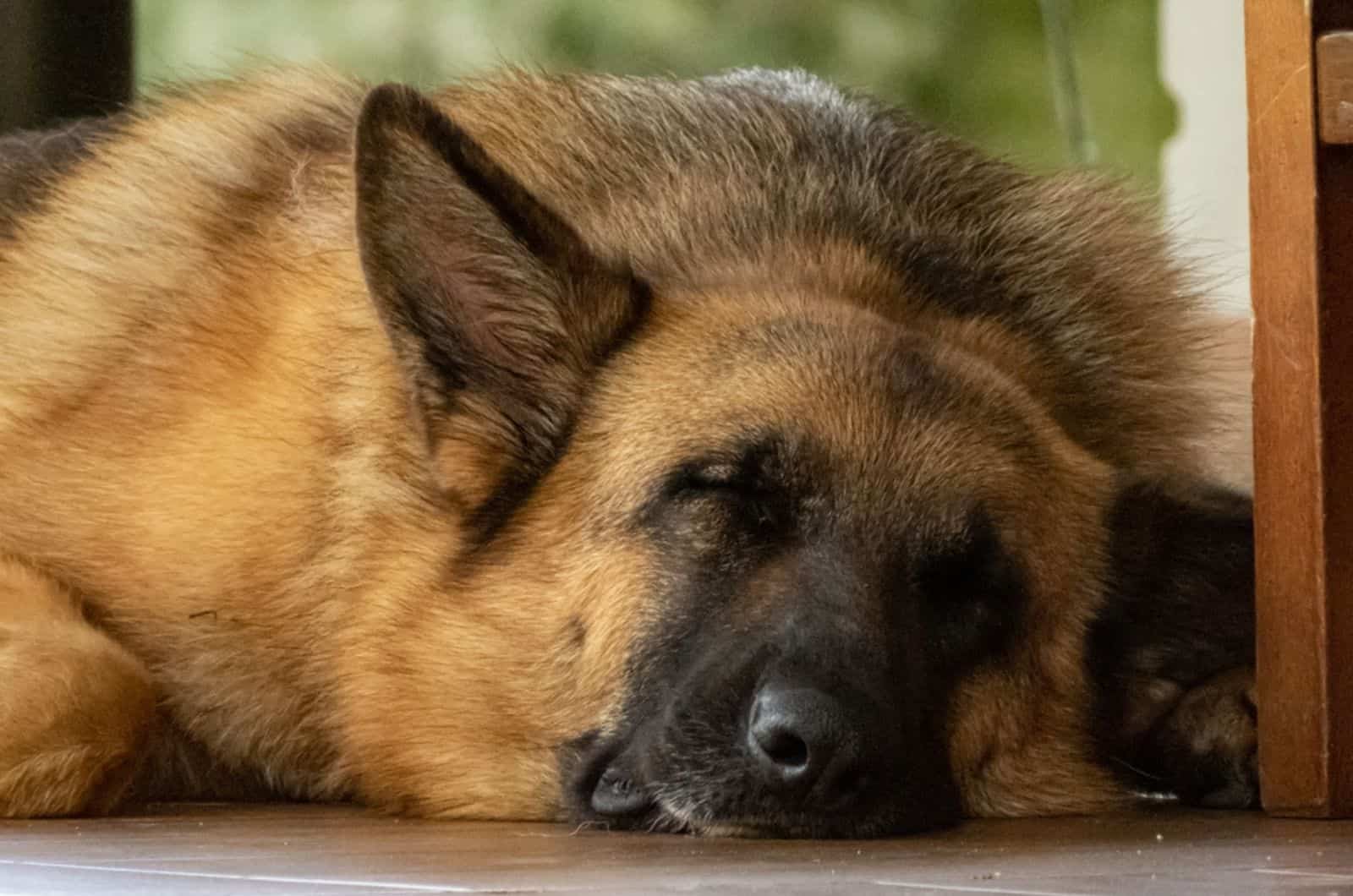
Even though snoring is a frequent thing in GSDs, it’s considered an issue rather than a normal occurrence.
In most cases, it is caused by some sort of breathing constraint that happens in the upper part of the respiratory tract. The constraint is mostly a result of an allergy, dental problem, irregular breathing pattern, sleeping position, the canine’s age, or a physical obstruction in the upper airway.
Instead of using medical terms that both you and I can barely pronounce, I’ll give you some of the most reasonable explanations as to why your German Shepherd snores so much, and ways to prevent it.
Obesity
Over fifty million canines in the United States are considered overweight or obese, which is an alarming number that has been worrying a great number of veterinarians and canine experts.
Although GSDs are known as fit and healthy canines, they might be at a risk of becoming overweight, especially if they don’t have enough physical activity. Obesity can cause a big number of health problems, from breathing issues to cardiovascular diseases.
If your pup is overweight, there’s a high chance that it will snore loudly, but that might be the least of your worries, considering the other risks related to obesity.
Diet change and exercise are two key things that you can do to improve your pet’s health before it gets too late.
Odd Sleeping Position
I swear… sometimes I think my dog is some kind of a secret Tom Cruise-like spy because of the crazy sleeping positions I find him in. I’m not even sure if he can do that while awake.
However, according to certain dog experts, these positions are actually body language of our German Shepherds with which they show how they feel at a certain moment.
RELATED: Why Does My German Shepherd Put His Paw On Me? 8 Answers
For example, if you see your pup sleeping like a log on its back, with its tummy revealed, it means that the GSD pup feels loved and safe. I’m sure you’re happy to know this, but from a health perspective, such a position isn’t quite recommendable.
The main issue when it comes to this and other sleeping postures is the position of the tongue, which rolls up to the soft palate and causes vibrations that are commonly known as snoring.
To prevent this, you can either try to change the place where your pup sleeps or get a new bed. Also, it’s important to understand your doggie’s emotions and needs, as it might be trying to tell you how it feels by sleeping in a certain position.
RELATED: 12 Best Dog Beds For German Shepherds – The Comfiest Picks
Allergies
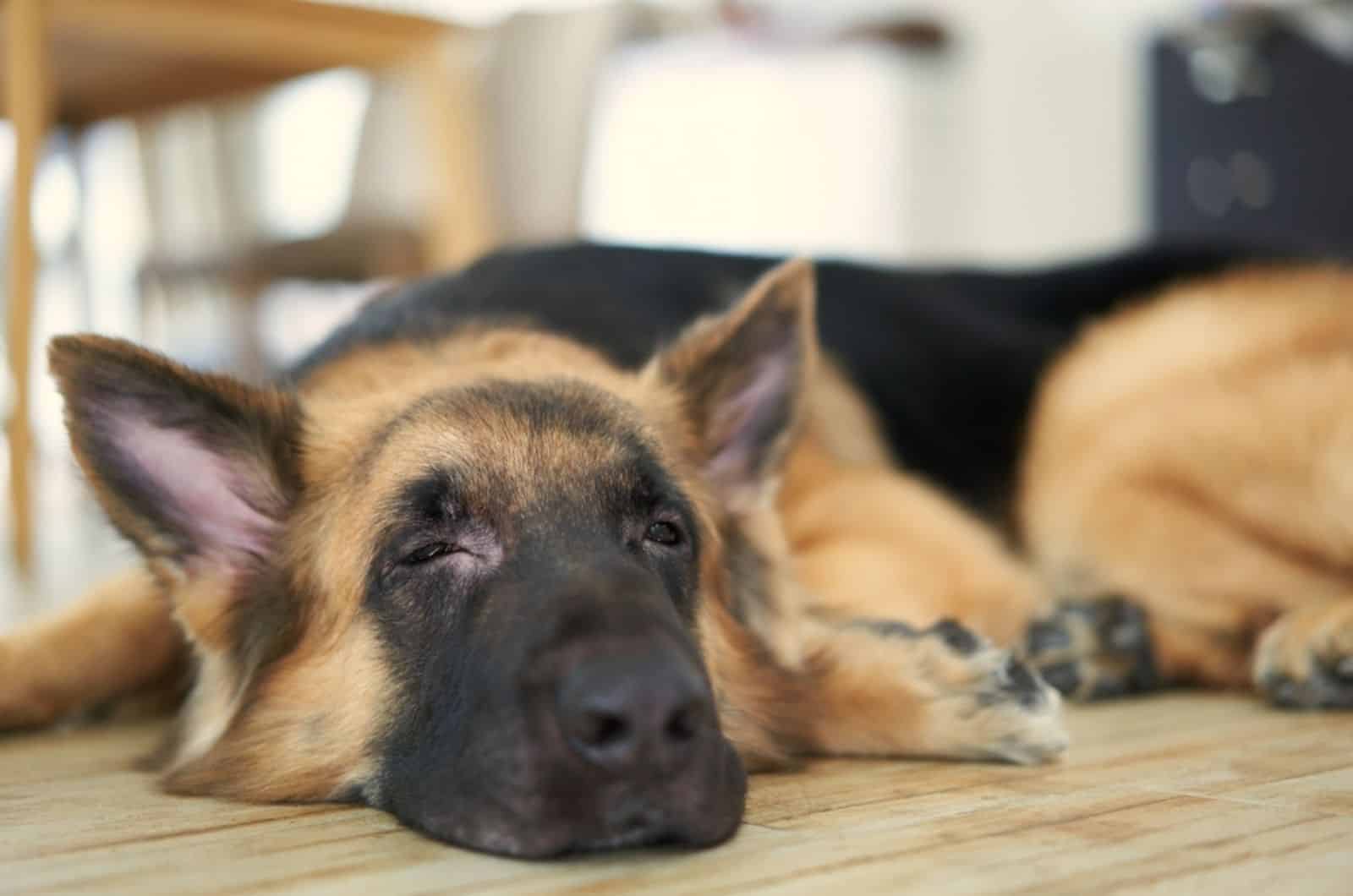
Unfortunately, German Sheppies are prone to skin allergies that are caused by parasites, food, hygienic products, essential oils, or particle irritants that might appear in the air. So, basically they can be allergic to anything.
Although the majority of allergy symptoms appear on the canine’s skin, they can also cause an issue in the dog’s respiratory tract.
Swelling and inflammation can often appear as signs of a certain allergy and block the airway, which might result in snoring.
If you notice that your pooch has trouble breathing, you should take it to the vet to get the right treatment.
Strange Object
Grass, seeds, branch shards, hair (from you, the dog, carpet, etc.)… these are just some of the things that can end up in your pet’s mouth, especially if you take them outside and let them sniff around.
Canines, such as German Shepherds, love sniffing and trying things they found, be it edible or not. Essentially, there’s not much you can do about it, as you can’t keep your pup in sterile conditions.
READ NEXT: Should You Allow German Shepherds Off Leash In Dog Parks? Yes And No
However, this doesn’t change the fact that these foreign objects can cause respiratory problems, as they might cause inflammation of the upper respiratory tract, which results in snoring.
This can potentially cause other health issues that are more serious than snoring, so if you notice that your pup is coughing, snoring, or licking the air, it would be best to consult a veterinarian.
The Old (Ger)man Is Snoring
There might not be anything wrong with your German pup except for the fact that it’s growing old.
The throat muscles, just like everything else, degrades as the canine becomes older, so the snoring comes rather naturally.
There’s not much you can do about it, except give your pet all the love and attention you possibly can to make their old days golden. And, put up with snoring.
Rhinitis And Sore Throat
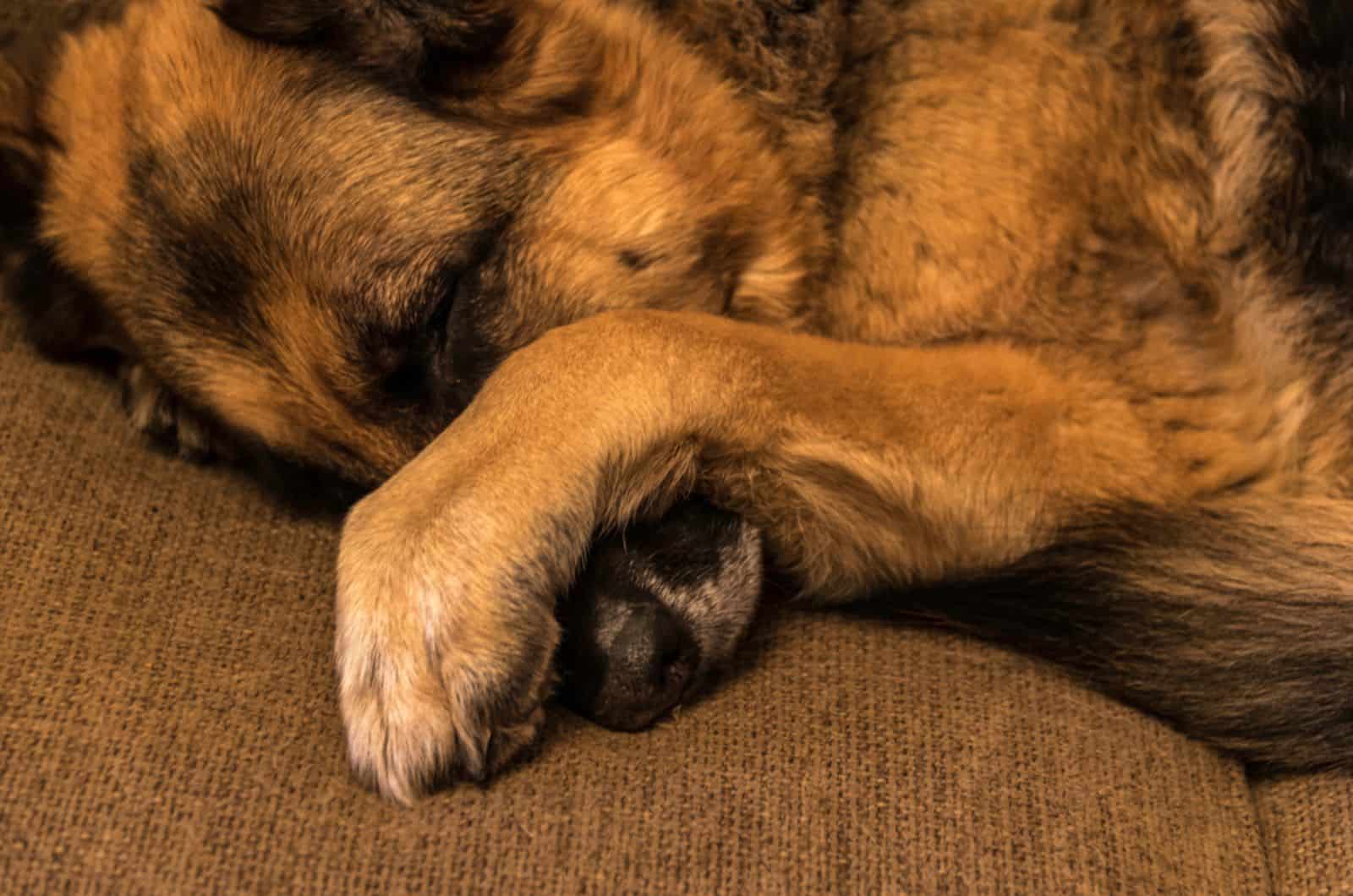
Every winter, I have a snoring fest in my house when the whole family, including my German Shepherd, get a common cold.
The snoring, in this case, represents a symptom of cold in GSDs that is caused by excessive mucus that obstructs the respiratory tract. If the airway is blocked, the dog will snore loudly as it tries to breathe during sleep.
Also, a sore throat during a cold can lead to snoring because of swelling… similar to an allergic reaction.
Taking the canine to the vet is a recommendation I’ll always give, but you can also try to put a humidifier in the room where the pup sleeps and ventilate the room.
Tonsils On Fire
Inflamed tonsils don’t appear only in humans, but in dogs as well. Tonsillitis is quite common for all types of canines, including GSDs, which is often one of the reasons why they snore.
This condition is usually the result of puking and coughing, especially if it happens during an extended period of time. The bacteria can then easily attack the tonsils, which is why they might get infected.
If the tonsils are swollen, breathing will cause vibrations, and your pup will end up producing loud noises while sleeping.
This is generally treatable if it’s properly diagnosed with certain medications. But, you shouldn’t give your pup any meds before consulting with the vet.
Inborn Abnormalities
Although genetic abnormalities appear mostly in brachycephalic canine breeds such as Pugs, Frenchies, Pekingese, Boston Terriers, and others, German Shepherds might be born with some, too.
The abnormalities could be related to the bone structure of the dog’s head, muzzle, or neck, which can cause nasal blockage that leads to snoring.
The bad news is that there’s nothing you can do about it, but the good news is that it rarely happens in GSDs.
Sleeping Troubles
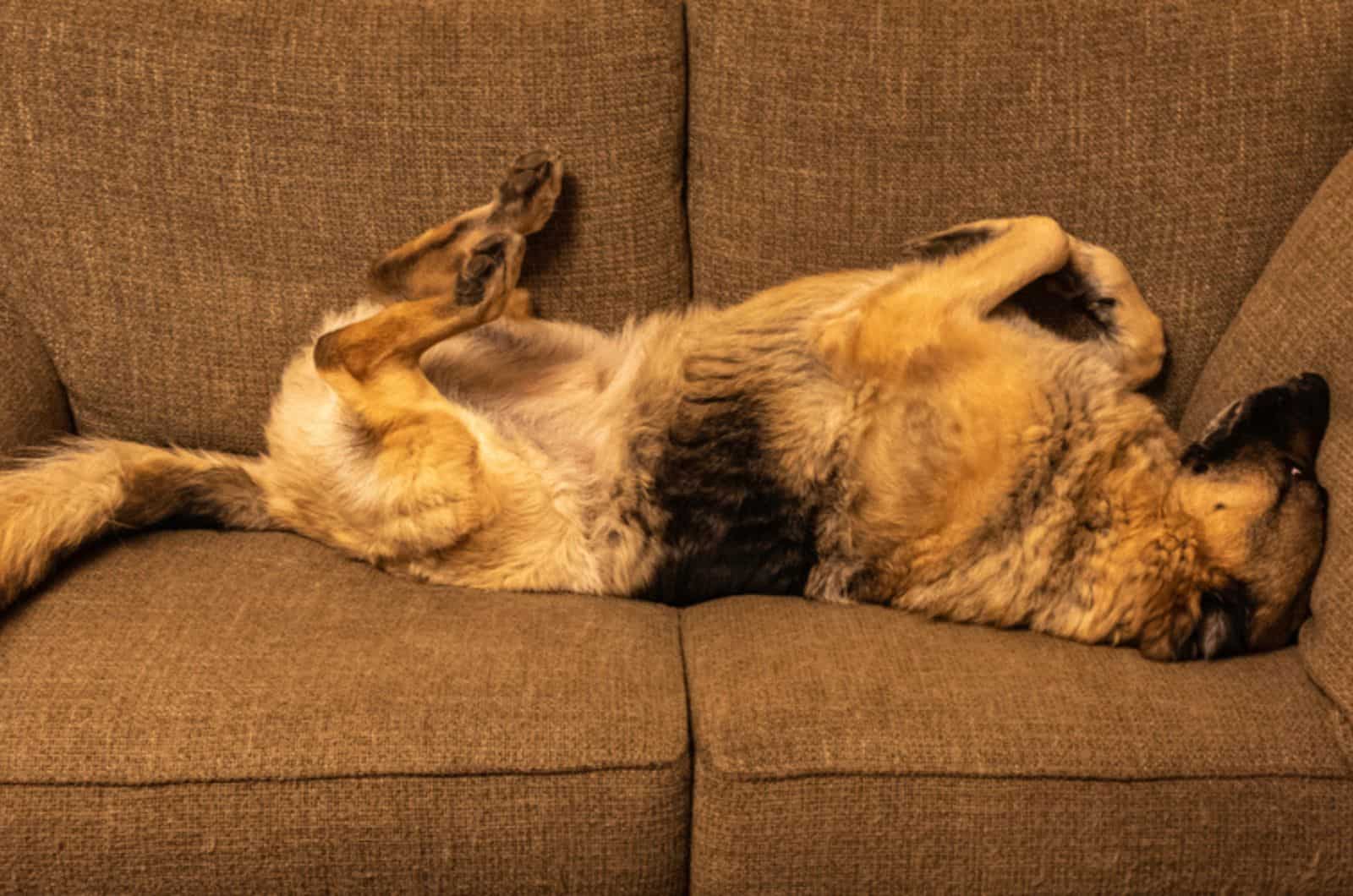
Sometimes, the cause of snoring might not be anything else but sleep apnea. If you notice that your doggie is having trouble breathing during sleep or is producing loud noises, you can be certain it’s sleep apnea.
This sleeping issue doesn’t only affect breathing, but also the canine’s behavior in the way that it becomes easily irritated. German Shepherds might even show mild signs of aggression during this period.
This problem often occurs in canines that are overweight, so exercise and change of diet should be enough to resolve this issue.
Infections
This is one of the more serious conditions that can have snoring as a symptom. Fungi from rotten wood, dirt, or other areas covered in them, can be inhaled during sniffing, which results in a fungal infection that can spread throughout the whole body.
Considering that German Sheppies are outdoor doggies, the risk of this type of condition is quite high, as they sniff a lot around parks and other places where fungi can be present.
It’s almost impossible to prevent it, but the infection can be treated with meds prescribed by a vet.
Medications
Meds, such as tranquilizers and painkillers might have snoring as one of the contraindications, as the throat muscles become too relaxed and vibrate while the canine is breathing during sleep.
If your pup is on any meds, snoring is probably the least of the problems you’re dealing with.
Wrapping Up
Pet owners are often asking themselves, why does my German Shepherd snore? I hope that this article has answered your question, and that soon, you’ll be able to get good sleep without loud noises coming from your pooch.
As you can see, there’s not much to worry about when it comes to your furry friends’ loud noises during sleep unless it is a symptom of a certain medical condition.
As its human companion, what you can do to avoid snoring in German Shepherds is keep the house clean and airy.
READ MORE:
My German Shepherd Is Becoming Aggressive: How To Deal With It?
6 German Shepherd Bloat Symptoms, Treatment, And Prevention
Should You Punish Your German Shepherd For Growling: Why And Why Not

